Social Justice Certificate
The challenge of social justice is to evoke a sense of responsibility for one’s community. Any community must address the problem of achieving social justice so they can cope compassionately with social injustices and resolve for this. When you complete this 15 credit certificate you will earn the respect of job prospects in the area of counseling, social welfare, humanitarian careers, victim advocates, social justice consultants, even correctional officers.
Required Courses
Introduction to Sociology | SOCA 101 | 3 credits
Examines social relations, social organization and social systems through the study of process, structure, and function.
Class, Status and Power | SOCA 354 | 3 credits
Examines patterns of inequalities and their relationship to social conflict, social organization, belief systems, race/ethnic identities, gender roles, and global systems of wealth and power.
Students must earn a cumulative grade point average of 2.000 and a minimum grade of C-minus in each course to earn the certificate.
Elective Courses
Select two elective courses from the selection below (6 credits)
Sociological Social Psychology | SOCA 320 | 3 credits
Examines the role of larger society in constructing and defining our day-to-day interactions and the relationship between group structures and processes, particularly issues of social inequality.
Institutional Racism in America | SOCA 323 | 3 credits
Examines racism within various institutions such as public government bodies, private businesses, and universities. Outlines political, social, ecological and economic effects of racism.
Deviant Behavior | SOCA 331 | 3 credits
Elucidates theoretical perspectives on deviant behavior which traces the development of how deviance is defined, explained and controlled.
Critical Ethnic Studies | SOCA 360 | 3 credits
Examines social conditions under which ethnic groups are labeled as “races” in the United States and selected other societies, focusing on perceptions of whiteness and hybridity and their social consequences.
Public Health | SOCA 376 | 3 credits
Investigates the health status of populations and the social, political, economic, and environmental factors that influence health, disease, and illness in populations. Focuses on historical patterns, current challenges, and alternatives for future change.
Urbanism and Urbanization | SOCA 355 | 3 credits
Examines the effects of major historical, economic, political, and architectural trends on class compositions of cities.
Political Sociology | SOCA 356 | 3 credits
Examines the relationship between politics and the larger social structure, such as structure of power in the United States and the economy; political consciousness and the debate on the changing nature of industrial societies.
LGBTQ Studies | SOCA 367 | 3 credits
Examines the everyday lives of people in the LGBTQ community as they participate in identity politics, collective action, resistance, and empowerment in a heteronormative society.
Sociology of Education | SOCA 375 | 3 credits
Analyzes education as an institution that influences and is influenced by society. Reviews the functions of education, how social conflict shapes schools, and the connections between education and social inequality.
Students must earn a cumulative grade point average of 2.000 and a minimum grade of C-minus in each course to earn the certificate.
Practicum
A praticum is required for this certificate.
Internship in Sociology | SOCA 492 | 3 credits
Provides opportunity for community work experience with emphasis on job preparation skills, i.e., resume writing, networking, interviewing.
All SOCA 492 internships have to be geared towards the area of the certificate. Students who already have experience in any field may receive credit for the practicum category of the certificates but after submitting the necessary documentation and approval by the department.
Students must earn a cumulative grade point average of 2.000 and a minimum grade of C-minus in each course to earn the certificate.
PROGRAM CONTACT INFO
Laura Khoury | 262-595-2590 | khoury@uwp.edu




